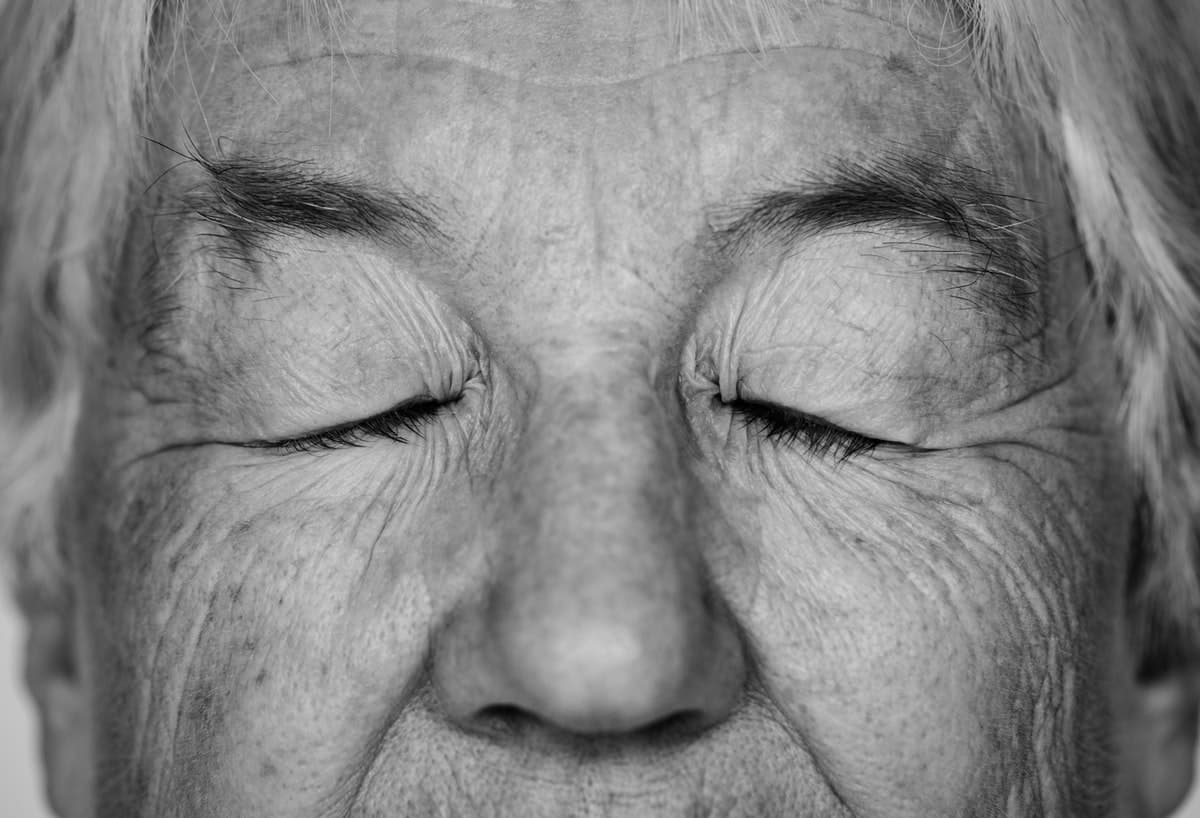Aging takes a significant toll on the human body and mind, and eventually most senior citizens will need to rely on others for help. Some may be capable of independent living longer than others while some struggle with degenerative conditions that interfere with daily life. Assisted living and elder care services are important to these individuals and can help prevent serious injuries and maintain a good quality of life.
Many family members of elders in need of preventative home care do not understand or fail to recognize the risks their older loved ones face due to aging. In many cases, a family may believe an elderly loved one does not need home care yet, unfortunately the alarm goes off after a bad fall, hospitalization or similar crisis. But what if that crisis had been prevented? Postponing preventative home care may mean taking away the freedom they already have due to injuries or illnesses, some of which they won’t be able to fully recover from.
Elders’ Risks of Injury and Illness
The human body is incredibly resilient, but sensory functions, strength, balance, healing and our immune system diminish with age. Additionally, many older adults begin manifesting symptoms of age-related medical conditions in their 60s and 70s, and these issues may have a creeping effect, gradually increasing the individual’s risk of suffering a severe injury over time. Those who are closest often don’t recognize these changes, much like parents don’t notice their children growing taller each day, but relatives who visit once or twice a year certainly do.
Some of the most common risk factors that should indicate an older adult is in need of preventative home care include:
- Diagnosis of multiple medical conditions
- Behavioral changes
- Memory problems, particularly short-term memory
- Problems managing medications
- Difficulty completing basic household tasks like cooking and cleaning
- Declining personal hygiene
- Noticeable weight loss or visible symptoms of dehydration and malnutrition
- Periods of confusion or disorientation
- Other family members, friends, and neighbors sharing concerns
- Hostility whenever someone brings up certain topics
- Financial problems, such as failure to pay bills on time
Any of these signs are likely indicators that your loved one is struggling to manage day-to-day life alone. The challenges are often even greater for aging couples, as they tend to go from caring for one another’s needs to unsuspectingly covering for one another’s deficiencies. The Centers for Disease Control and Prevention (CDC) offers guidance for helping prevent injuries to seniors, and in-home preventative care is one of the top recommendations.
It’s an unfortunate reality that seniors often lose independence and need more and lengthier care after an injury. The injuries that befall them could be minor but have lasting physical consequences.
Seek Help Before the Crisis Occurs
Once you start noticing the signs that your loved one is struggling with everyday independent living, consider preventative home care. Arista Home Care Solutions can help you identify warning signs and arrange for compassionate, professional in-home preventative care for your senior loved one. Asking for help is a sign of strength, not weakness. It’s much more sensible to arrange for assistance once or twice a week, rather than requiring extended amounts of more intensive care for your aging loved one following a crisis.
Contact Arista Home Care Solutions or call 419-754-1897 to find out more about our preventative care and respite services.

 Arista Wins Top Workplaces Award
Arista Wins Top Workplaces Award


